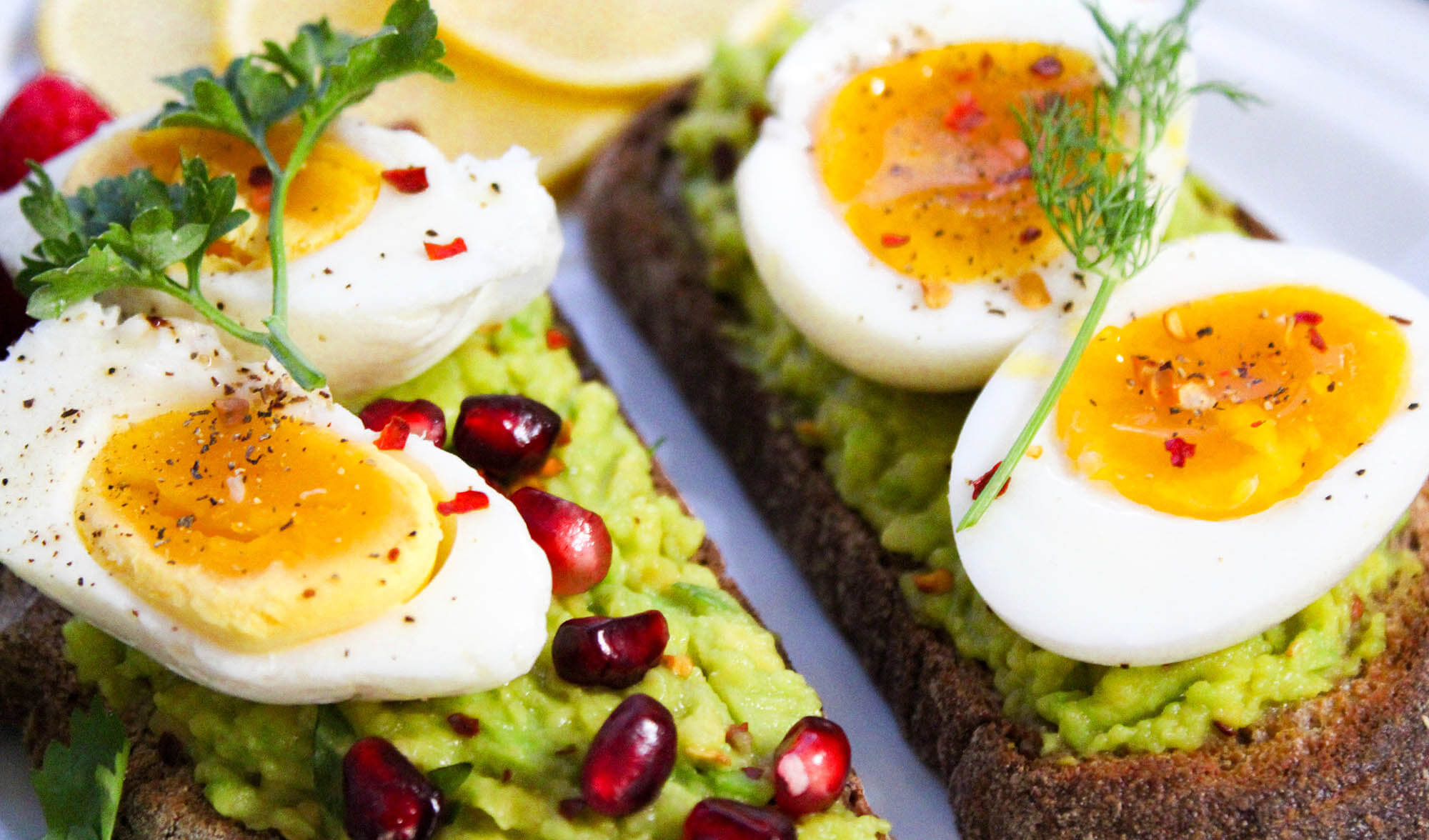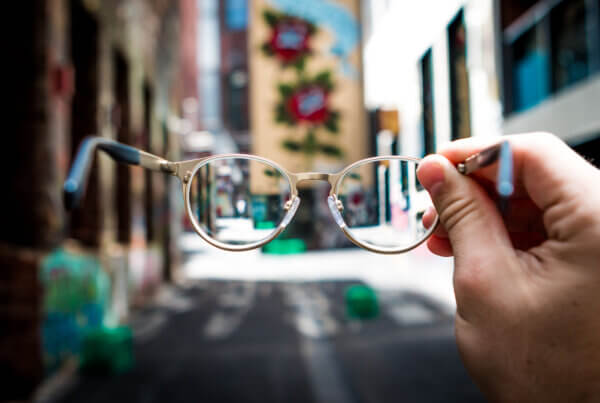5 Best Foods for Healthy Eyes
“You are what you eat.” Is there any truth to this well-known phrase? Whether you are talking about vision or overall wellness, there’s no question that vitamins and minerals are essential for protecting your health.
It doesn’t mean that you should be only eating carrots to boost your vision. Instead, the optimal approach is to design a well-balanced diet that includes all essential vitamins and minerals that are needed.
Dietary Recommendations to Protect Your Eyes
Here are some of the most important ingredients that should be included in your healthy diet:
1. Oranges and Sweet Potatoes: These richly-colored foods are high in antioxidants that help with eye health: vitamins E and C. It’s been found that antioxidants are essential for reducing the damage caused by free radicals. Vitamin C can be beneficial in protecting against cataracts, while also boosting immune function at the same time. Both vitamins C and E can also help by
slowing the progression of age-related macular degeneration.
2. Carrots: Another bright, orange vegetable that can help your eyes. Carrots contain beta-carotene, which is used to create vitamin A. This vitamin is essential for eyesight since a deficiency can damage the corneas and result in blindness over time. Other sources of vitamin A include leafy green vegetables, eggs, squash, sweet potatoes, bell peppers, and mangos.
3. Nuts and Fish: Getting the right balance of omega-3 essential fatty acids is important to protect the retina and improve overall brain function. Choose healthy sources of fish, such as wild-caught salmon. Other sources of omega-3’s include flaxseeds, chia seeds, walnuts, and anchovies.
4. Eggs: Not only are eggs a great source of protein, but they also provide nutrients that are critical for eye health: zeaxanthin and lutein. These compounds play a critical role in minimizing the risk of age-related eye diseases. Additionally, eggs provide other important nutrients such as zinc, vitamin B12, selenium, riboflavin, and choline.
5. Water: Staying hydrated is important to many functions throughout the body, including the eyes. If you are dehydrated, then it increases your risk of dry eyes, which can lead to other eye conditions. Make sure that you are drinking at least 8 glasses of water each day. Pay attention to your body cues to see if you are getting a sufficient amount of fluids.
How to Protect Your Vision
Many people believe there is nothing that can be done about failing eyesight. While it’s true that age can impact your vision, you can slow this process by following a healthy diet. Implementing the dietary recommendations listed above can be helpful in reducing the risk of vision-threatening eye conditions. The key is to maintain consistency with a balanced diet.
Also, don’t underestimate the importance of avoiding foods that could be damaging to your eyes. For example, eating too much refined sugar can increase the risk of diabetes. These blood sugar imbalances can play a role in diabetes-related eye conditions.
For more information about protecting your vision, our team is always here to answer your questions. We offer multiple locations for your convenience. Call to schedule an appointment to talk to an experienced eye doctor in the area.






